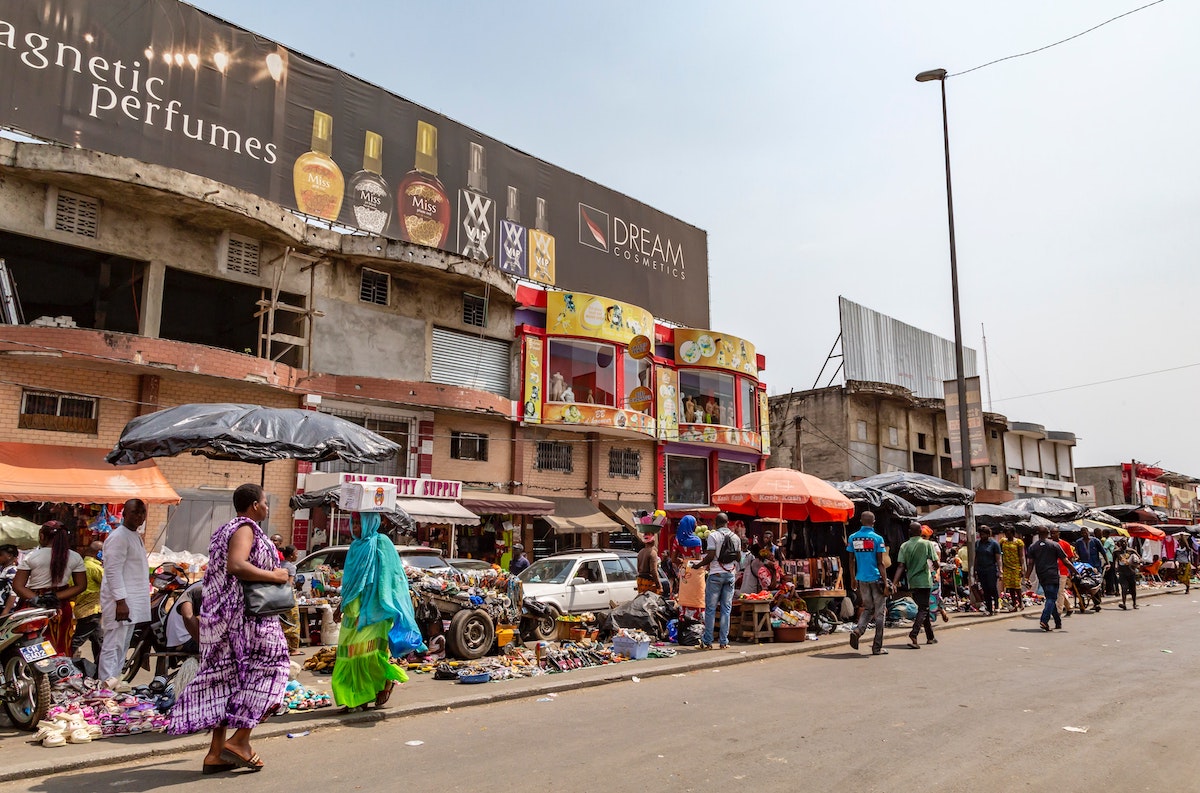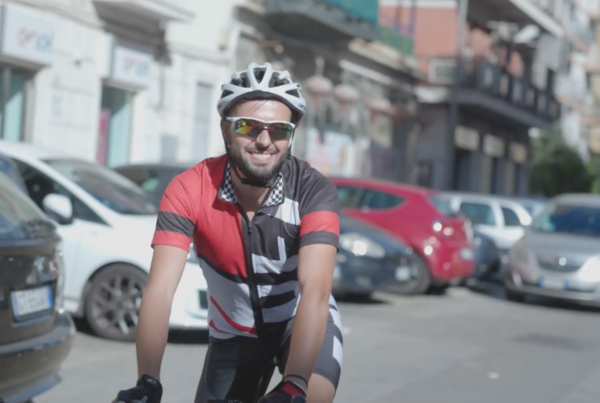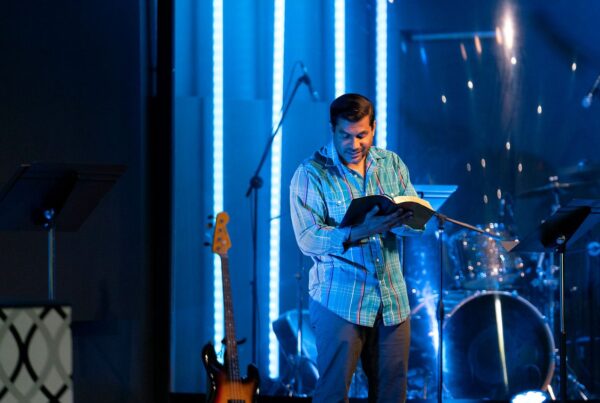Please tell us a little about yourself, your family, and your role in Acts 29.
My name is Keo Kognon. I am married to Lydie and we have four children. I am the pastor of Eglise AEBECI de Téguéré in Korhogo, Côte d’Ivoire. I lead a pastoral training program in Abidjan, where we also train and mobilize church planters. And I have recently become the director of Acts 29 Côte d’Ivoire and French-Speaking West Africa.
Please describe your context. What is daily life like for most people?
Korhogo is the fourth-largest city in Côte d’Ivoire and the largest city in the northern area. It is inhabited by the Senoufos, Dioulas, and nationals of all West African countries. The main activity is agriculture and trade. The population is over 90% Muslim, but it is an Islam mixed with traditional religious practices.
How did you become a Christian? How and when did the Lord call you into church planting?
I was born into an animist family. From the time I was very young, I accompanied my father to make adorations and sacrifices to idols. There was a small Baptist church in my village, but I had never clearly heard of Jesus until I was 14 years old. One day while I was walking with some friends, we heard music in the churchyard and went there. It was a screening of the “Jesus Film.” We introduced him to the gospel, and not only did he give his life to Jesus, but the Lord called him to be a missionary among the Worodougou people, where there are hardly any Christians. Click To Tweet
I was so moved by the story of Jesus that when the screening ended, I couldn’t leave my seat. It was then that the pastor came to share with me the gospel and ask if I wanted to give my life to Jesus. I replied, “Yes!” I became a pastor in 1998 and have served in several churches. But in 2009, the Lord called me to plant a church in a neighborhood of Korhogo.
Would you tell us about how your church began? Is it a church plant, a replant, or a church that has been in existence for a long time?
My church, Eglise AEBECI de Téguéré, started in 2009 in a neighborhood of Korhogo. I arrived as a pastor in Korhogo in 2000. But I found that there were several densely populated neighborhoods in the city that did not have a church. With a small group of about ten people, we decided to start setting up in Téguéré. Today, this church has about 350 members and has also planted another church in a nearby village.
What are the primary obstacles to the gospel in your area?
The main obstacles to the gospel in my neighborhood are Islam and animism, the traditional religions. Here, people can easily practice several religions. So, they think that evangelical Christians are extremists. Families persecute any family member who becomes a Christian. Also, many of the pastors in the north feel disheartened about engaging the Muslim population. So there is also an issue of hesitancy and an inward focus that leads to unhealthy churches.
How are you seeing the gospel of Jesus taking root and making a difference in your church and in your community?
Many people come to Jesus to escape the grip of the devil or to seek peace of heart. People come to us in secret for fear of reprisals so we pray with them and speak to them about the love of God. Religions here keep people in fear and hatred. Those who come to us are surprised to be told that God loves them. It is love that really makes the difference.Those who come to us are surprised to be told that God loves them. It is love that really makes the difference. Click To Tweet
Will you share a story of someone coming to faith through your church’s gospel proclamation and service?
Let’s talk about Tchona, who is currently a missionary in another city in northern Côte d’Ivoire. He comes from a Muslim and animist family but has never found peace and the assurance of salvation in the religions of his family. One day he decided to come to church to learn more about Jesus and the Christian life. We introduced him to the gospel, and not only did he give his life to Jesus, but the Lord called him to be a missionary among the Worodougou people, where there are hardly any Christians.
It is the same for Tima, a young man from a village about 10 kilometers from our church. For almost 2 years, we prayed to have a church in this village but the village chief always refused to let us go there to announce the gospel. One Sunday morning, I received in my office a young man who wanted to know about Jesus. His father is the head of traditional religion and also of the Catholic church in his village. He expressed his thirst to know God. We presented the gospel to him and through his testimony, today, we have a small Christian community of about ten people in this village.
How can the Acts 29 community of churches pray for you, your church, and your region?
The Christian community represents less than 5% of people in the north of Côte d’Ivoire. We consider ourselves every day as on mission with all people who live in fear of evil spirits and who do not have peace of heart. Pray that the Lord gives us the courage to witness of Christ anytime. Pray for Christians who are persecuted in their families; some of them lose all social and financial support. Pray for missionaries working in very difficult security conditions among unreached peoples.
It is a joy to partner with pastors like Keo and many others who are planting churches all over the world. Let us pray that Christ will continue to advance his kingdom near and far as we make, teach, and baptize disciples in his name and for his glory.










